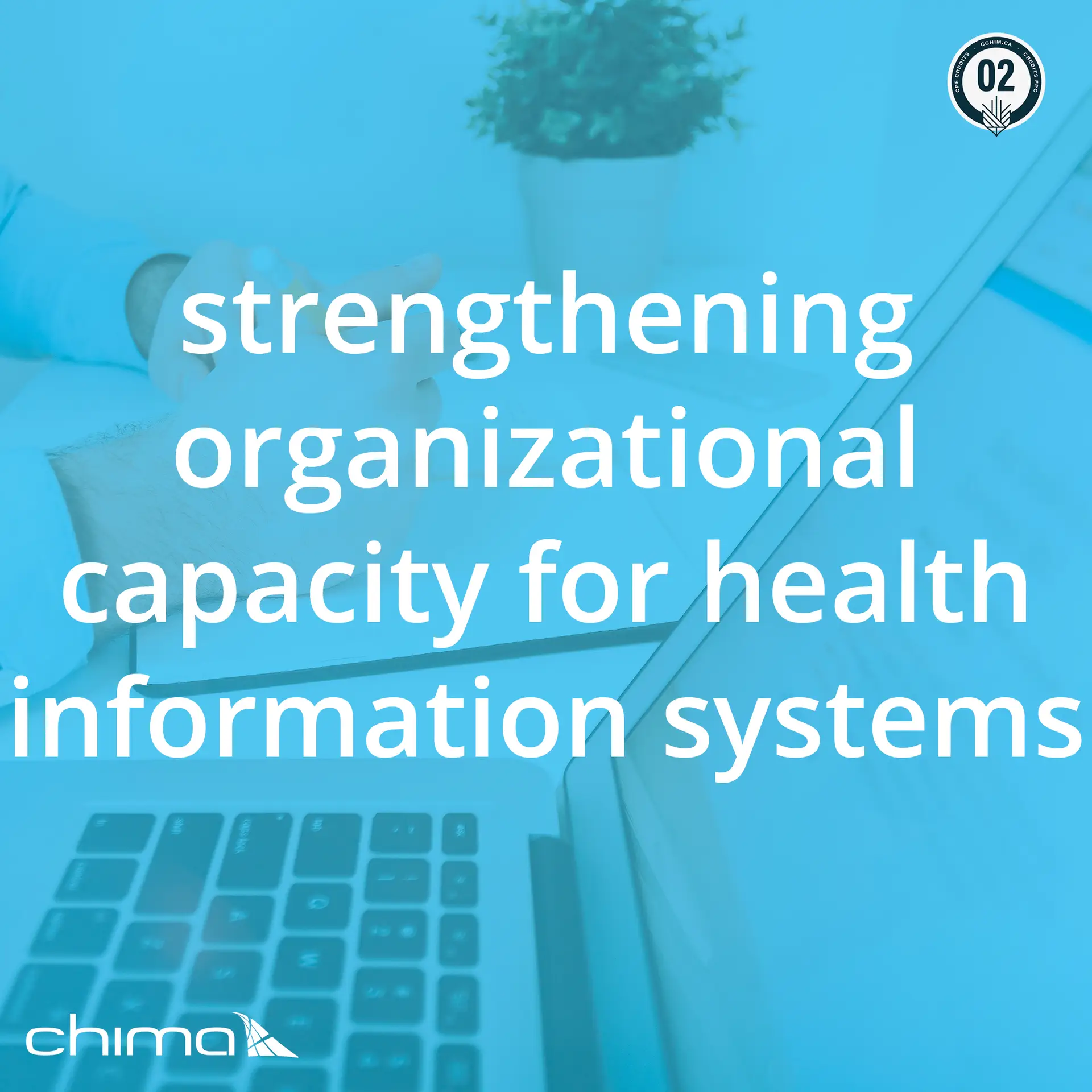Description
Ramona Kyabaggu, MSc, CHIM & Uche Chukwuka Ikenyei
Part 1: Implementation science offers a rich evaluative tradition; however, it is only slowly emerging in digital health evaluation and practice. Its theories, models, and frameworks of innovation implementation are useful for identifying the underlying processes that drive the diffusion of health information systems in complex organizational settings. In the first half of our presentation, we will present evidence behind the development of our adapted causal generative model of the EHR implementation process and explore how to improve implementation policies and practices by better understanding the mechanisms, contexts, and conditions through which change occurs in Canadian health care settings. By the end of the session, participants will have gained an understanding of theory-building and theory-informed practice in health information management.
Part 2: Despite the impact of the current coronavirus (COVID-19) pandemic being felt globally, it is increasingly evident that health information systems capacity for infectious disease pandemic response in global south countries lags the global north. In the second half of the presentation, we will comparatively analyze the global north and south’s COVID-19 health information management approaches. From this global north-south perspective, we will present opportunities for inter-geographical knowledge transfer and exchange in harnessing the health information system (HIS)-supported decision making processes to improve global health security.
Ramona Kyabaggu, MSc, is a Certified Health Information Management (CHIM) professional who graduated from the University of Western Ontario’s honours specialization program in health information management in 2009. Since then, she has worked in public health as a program evaluator and knowledge broker and taught Public Health Informatics at the University of Lusaka, Zambia. Currently, Ramona is a doctoral candidate in Health Information Science (Western University) and an assistant professor at Johnson-Shoyama Graduate School of Public Policy at the University of Regina, where she coordinates the Master of Health Administration major in Health Informatics and Information Management (MHA-HIIM).
Uche Chukwuka Ikenyei is a health information system strengthening enthusiast who has spent 13 years working to improve public health decision making processes with data from the health information system (HIS). He has worked with several donor-funded development aid projects in a developing country context, monitoring and evaluating HIV/AIDS, malaria, reproductive health, and maternal and child health projects. He has also worked with Nigeria’s largest development aid donor, the United States Agency for International Development (USAID), in the monitoring and evaluation specialist capacity where strengthening organizational performance management systems and contributing to strengthening local, state, and national HIS were his key responsibilities. Uche’s extensive experience working with the health information systems at primary and secondary-level health care facilities has exposed him to the challenges of health information management in developing country contexts. He has contributed to improving these systems by building capacity, engaging with key government officials and contributing in local, state, and national health information systems reforms. Uche has a bachelor’s degree in human nutrition and a master’s degree in epidemiology from the University of Ibadan in Nigeria. He is currently a fourth-year PhD candidate in the health information science program, Faculty of Information and Media Studies at Western University, London, Ontario. His research focuses on exploring how to improve infectious disease pandemic preparedness and management in a developing country context.
After completing this course, CPE credits will be automatically applied for professional members.


